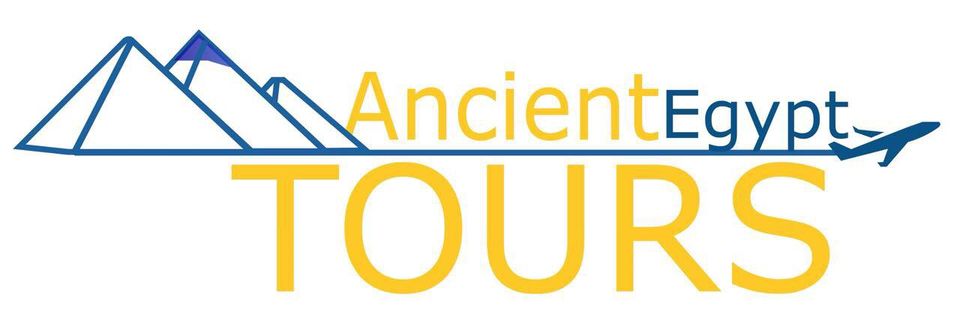Ancient Egyptian Calendar
The ancient Egyptian calendar is one of the most intriguing and fascinating aspects of the ancient Egyptian civilization. The calendar played a vital role in the lives of the ancient Egyptians, and it was also the basis of their religious and cultural practices. The calendar is based on the cycles of the sun and the moon and the annual flooding of the Nile. The ancient Egyptians studied these cycles in great detail to develop their calendar.
The Egyptian calendar was divided into three seasons, each of which lasted approximately four months. Akhet, which means “inundation,” marked the time when the Nile flooded. This was a time of great fertility, and it was the beginning of the Egyptian New Year. Peret, which means “growth,” marked the time when the Nile receded, and the land was fertile for planting crops. Finally, Shemu, which means “harvest,” marked the time of the harvest.
The calendar was important to ancient Egyptians for many reasons
First and foremost, it was necessary for agricultural purposes. The Nile flooding marked the beginning of the planting season, and the Egyptians needed to know when it would occur so they could prepare their land for planting. The calendar was also important for religious purposes. Many of the festivals and celebrations of ancient Egyptian religion were tied to the calendar. For example, the festival of Osiris.
The ancient Egyptians believed that time was cyclical, and the calendar reflected this belief. They believed that the world was created and destroyed many times and that each cycle lasted thousands of years. The calendar was to track these cycles, and it was famous that the pharaohs were responsible for maintaining the order of the universe.
In conclusion
The ancient Egyptian calendar was an important aspect of their culture and religion. It helped the Egyptians to track the cycles of nature and to prepare for the planting and harvest seasons. It was also to track the cycles of the universe and to ensure that the pharaohs could maintain order in the cosmos. The calendar remains an important part of ancient Egyptian history and continues to fascinate people today.




Comment (0)